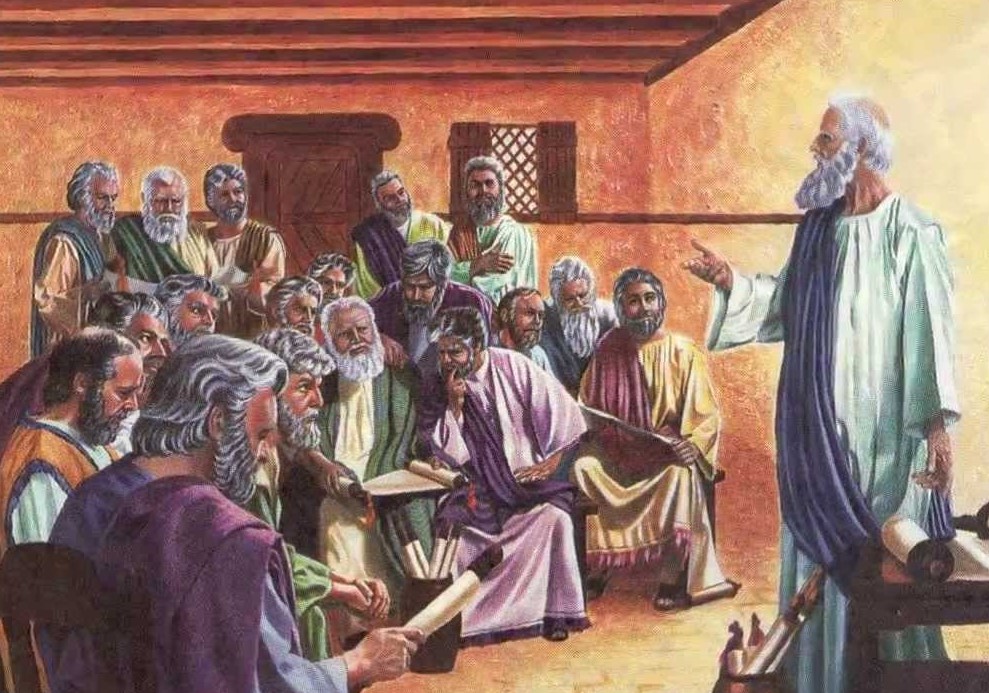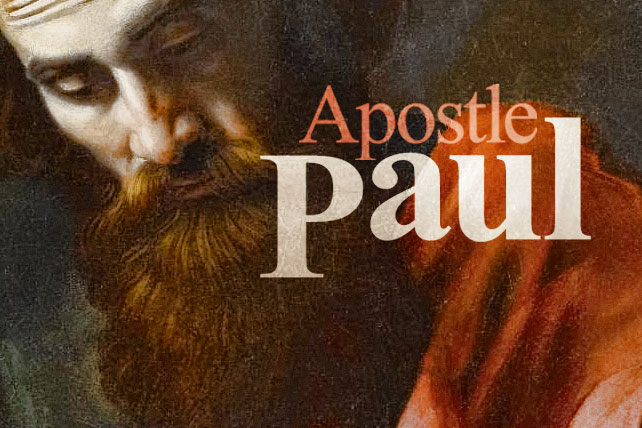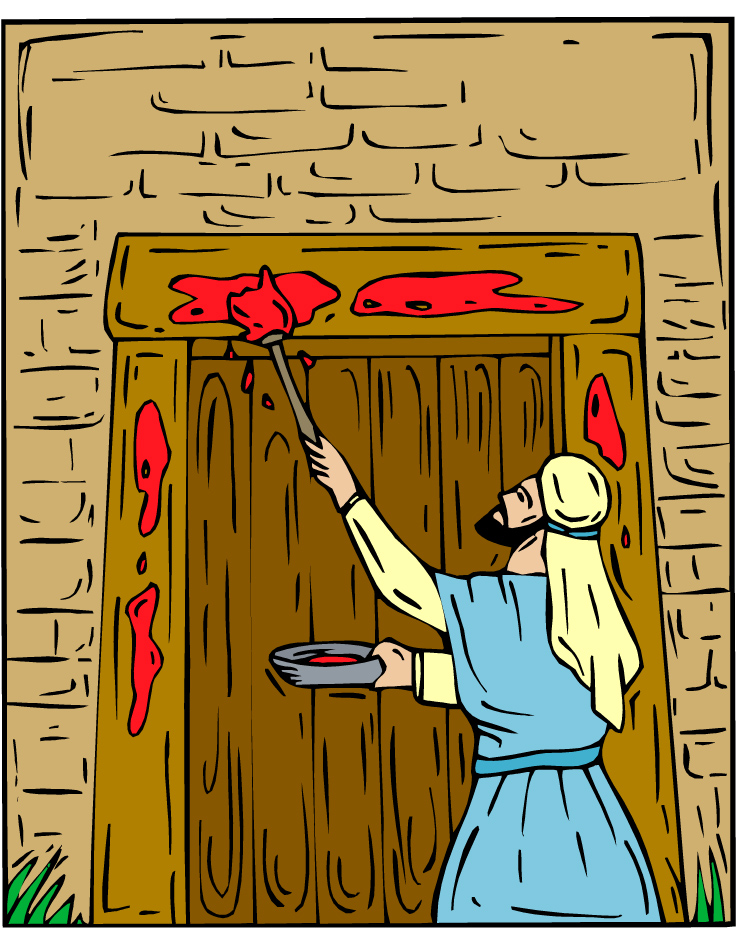Acts 15:1, Custom of Moses. This “custom of Moses” is based on Exodus 12:48, where the law required that all males to be circumcised before being allowed to partake of Passover. In other words, be part of Israel, one had to become circumcised and observe the Passover and all Israel was required to do so (Exod 12:47). Foreigners were forbidden from keeping the Passover (Exod 12:43) until they were circumcised. From this, the Pharisees of the first century got the idea that circumcision is a prerequisite for salvation. In opposition to this false concept, Paul points out in Romans chapter four that Abraham was justified by faith, not by the rite of circumcision. After all, Abraham come into a relationship with YHVH 24 years before being circumcised. Therefore, the custom of circumcision as a prerequisite for inclusion within the nation of Israel was merely a physical requirement to be part of a physical nation. It is, however, not a requirement to be part of the spiritual nation of redeemed Israel or, as Paul calls it, the Israel of God (or Elohim, Gal 6:16), of which the saints are a part. Circumcision wasn’t a requirement for Abraham to be saved, and it isn’t a requirement for us to be saved either, again, as Paul points out in Romans chapter four. The custom of Moses requiring Israelite men to be circumcised was necessary in order to protect the sanctity and integrity of the physical nation of Israel from foreign and pagan influences and was not prior to or subsequent to the physical nation of Israel intended to be a prerequisite for eternal salvation as Paul, again, makes clear in Romans chapter four.
Acts 15:10, Yoke on the neck. Many Christian commentators teach that Peter is making a reference to the Torah when he speaks of a yoke being put around the neck of the people of Israel meaning that Torah-observance was an impossibility. Yet, Moses told the Israelites that Torah-obedience wasn’t impossible (Deut 30:11–14), and that it would be a source of life to them (v. 19), and would be a source of wisdom and Continue reading






